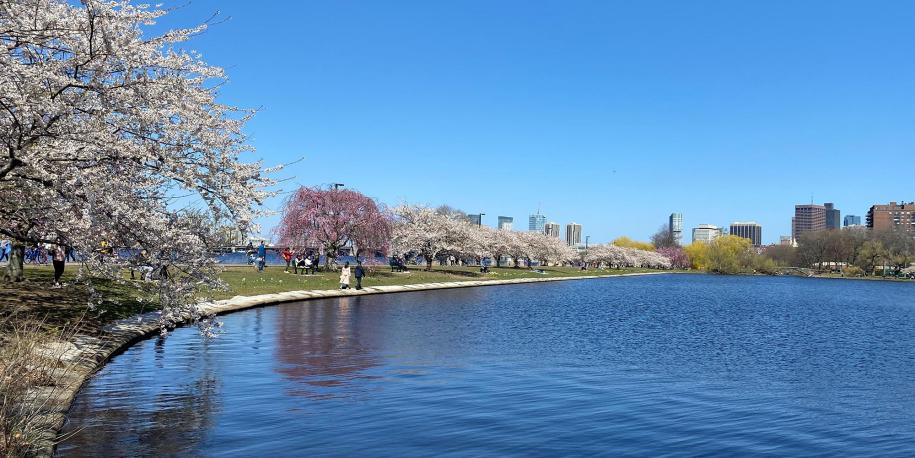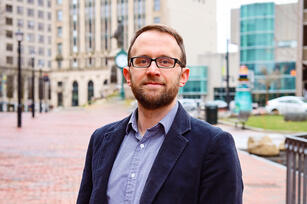
Breadcrumb
- Essential Partners
- Our Impact
- News and Notes
- Knight Foundation Report on Equitable, Inclusive Community Spaces
Knight Foundation Report on Equitable, Inclusive Community Spaces

No two communities are the same. In order to create spaces and futures in which communities thrive, communities themselves must drive the process. This principle is key to Essential Partners’ approach.
In March 2021, the Knight Foundation released a major report on creating more equitable, inclusive, and resilient community spaces. In seven locations around the U.S.—including parks, riverfront, lakeside, and beachfront destinations, as well as urban centers blending arts, markets, and recreational areas—they studied the “power of public space as a platform for community development.”
Among their key findings, the Foundation reports that “community participation and responsive engagement is vital for equitable spaces,” and that “prioritizing community engagement throughout the lifecycle of a space led to ripple effects in the wider community.”
The report notes that “community participation allowed project organizers to build trust with residents, which in turn increased use and sense of attachment to the spaces.” It also finds that communities define the “quality” of public spaces contextually, observing that “quality is not a monolith, but looks different from place to place.”
Sound familiar?
The Knight Foundation report, titled Adaptive Public Space: Places for People in the Pandemic and Beyond, is a major and well-studied affirmation of the core principle that no two communities are the same, and that in order to create spaces and futures in which communities thrive, communities themselves must drive the process.
This principle is key to Essential Partners’ approach, and it drives everything we do in our work to create a world of thriving communities, strengthened by difference and connected by trust.
In 2018, for example, EP partnered with the City of Boston’s Parks and Recreation Department to reexamine and improve their processes for community engagement and trust-building—a key part of their efforts to manage Boston’s vast parks system and invite community feedback on local projects impacting shared spaces and futures. Department managers felt they needed new skills to facilitate constructive conversations and keep meetings on-track through challenging moments of conflict or disagreement.
We trained Department staff in our approach, helping them create new, more inclusive and robust formats for public meetings—such as using breakout sessions to give each participant an equal opportunity to be heard while providing a structure to support deeper listening.
The outcomes include enhanced community participation and investment in conversations about the purpose and future of public spaces. It has led Boston Parks and Rec to reimagine their role in community engagement, creating an inclusive Community Advisory Group that’s comprised entirely of local neighborhood leaders.
Community spaces offer powerful expressions of local character, identity, and belonging. EP’s work with the Boston Parks and Recreation Department is just one example of our commitment to transforming the way people live, work, and play together across deep differences. As the Knight Foundation concludes in their report:
“Public spaces can spark larger community change—by helping residents re-envision and embrace their neighborhoods, building capacity of local organizations, and spurring additional investment in the area. From small neighborhood parks to landmark waterfront sites, public spaces are a strong foundation for more positive and equitable community development.”
